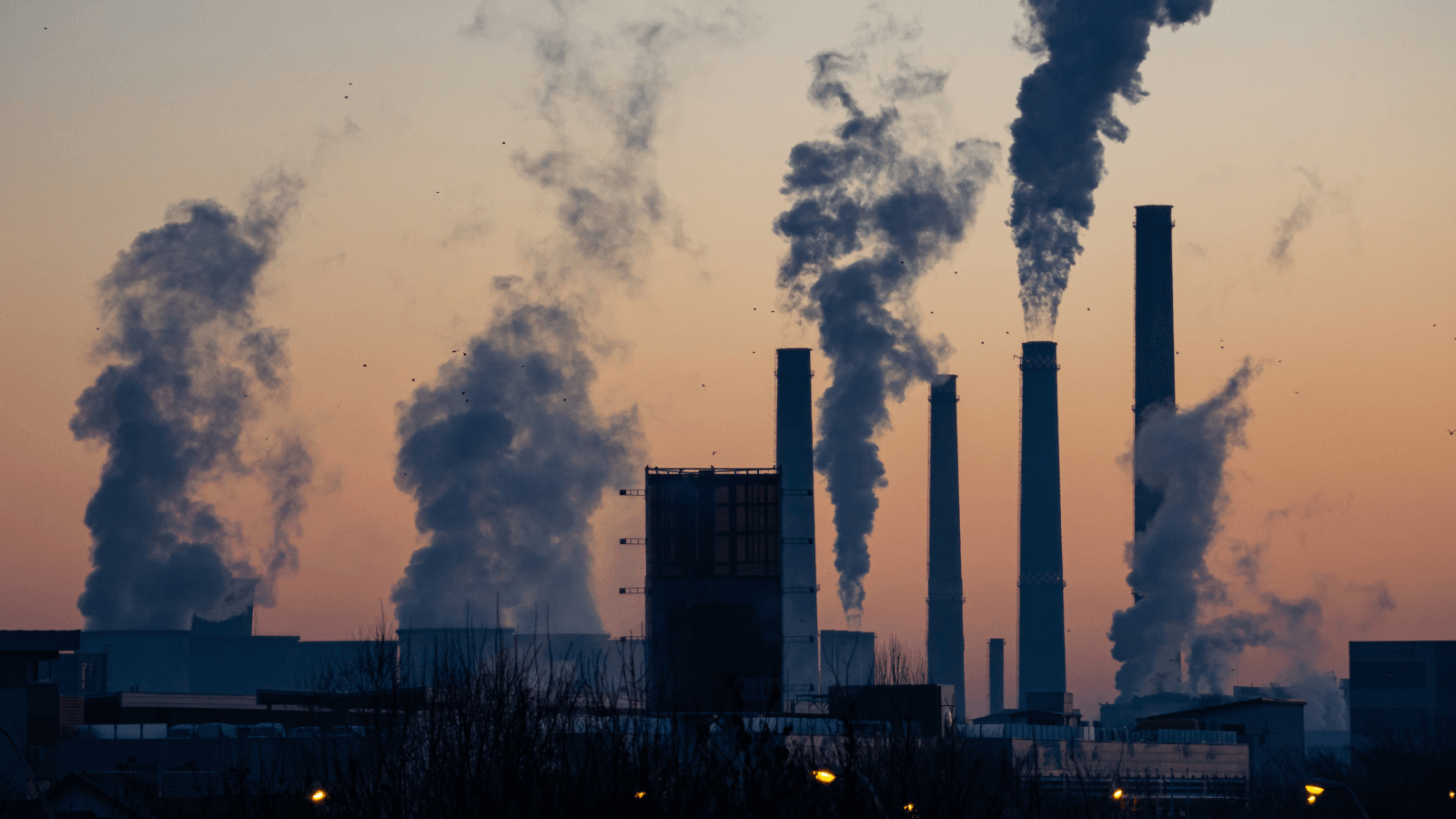
Genesis 2:7 says that “God formed a man from the dust of the ground and breathed into his nostrils the breath of life, and the man became a living being.” Today, far too many of us are not breathing in the breath of life but are instead inhaling unhealthy air laden with soot, smog, and other hazardous toxins emitted alongside climate-warming carbon from fossil fuel power plants and other polluting sources. This air chokes life instead of giving it. Medical research shows that air pollution from carbon-based fuels claims up to 200,000 American lives each year. Unfairly, it is the most vulnerable–our children both born and unborn, our brothers and sisters of color, the poor and unhoused, our seniors, those with pre-existing medical conditions, and many others–who are most at risk and exposed to the harms of air pollution and climate-fueled extreme weather.
That is why the Evangelical Environmental Network applauds the U.S. EPA’s proposed safeguards requiring cuts in carbon pollution by up to 90% from new and existing fossil fuel power plants by 2040. As the second-largest source of U.S. carbon emissions, power plant pollution must be addressed to defend the health and lives of our children and families. The proposed standards will prevent 1,300 premature deaths, 800 hospital and ER visits, more than 300,000 asthma attacks, 38,000 school absences, and 66,000 lost workdays in the year 2030 alone. In addition to saving lives, the standards are estimated to yield huge savings, with nearly $85 billion in health and climate benefits for all over the next two decades, relative to only $10 billion in total compliance costs.
With the boom in affordable and reliable clean energy and advances in carbon-control innovations, the power sector is the easiest place to start creating the safe climate and pollution-free world our children deserve. Wind and solar are now cheaper than coal and gas power and are not subject to the extreme price volatility of global fossil fuel markets, where one bad actor can cause energy costs to skyrocket for all. Clean energy now employs over 3 million Americans, with more than 142,000 clean energy jobs added since August 2022 and the passage of the Inflation Reduction Act.
Over 220,000 pro-life Christians supported the EPA’s first carbon pollution standard for power plants in 2015. And while some industry voices may call these safeguards burdensome, what’s truly burdensome is life-choking asthma, heart attacks, stroke, cancer, dementia, pre-term births, and stillbirths from fossil fuel pollution as well as lives and homes lost to climate-fueled hurricanes, wildfires, heat waves, and other extremes. It’s past time for power generators to clean up their act and be good neighbors, especially to overburdened communities at their fence lines. If industry is unwilling to address their pollution problem voluntarily, then it is the duty of the EPA to step in. Indeed, the Supreme Court has repeatedly affirmed the EPA’s authority and responsibility to issue safeguards for carbon pollution levels at individual power plants, most recently in last year’s West Virginia v. EPA ruling. We urge the EPA to finalize the strongest possible version of these carbon pollution standards by early 2024 at the latest, along with other solutions for pollution, to keep America on track to cut climate pollution in half by 2030 and defend the health and lives of our children and other vulnerable people.
However, cutting carbon pollution should not be left to the EPA alone. Congress must also act by coming together to advance bipartisan market-based solutions like a non-regressive carbon pollution fee and border-adjusted carbon pollution tariff that holds China and other high-emitting countries accountable to clean up their act. During this time when Congress seeks to reduce the national debt and protect the American economy from the steep financial costs of ever-increasing billion-dollar climate disasters, a revenue-raising carbon pollution fee is common sense.






